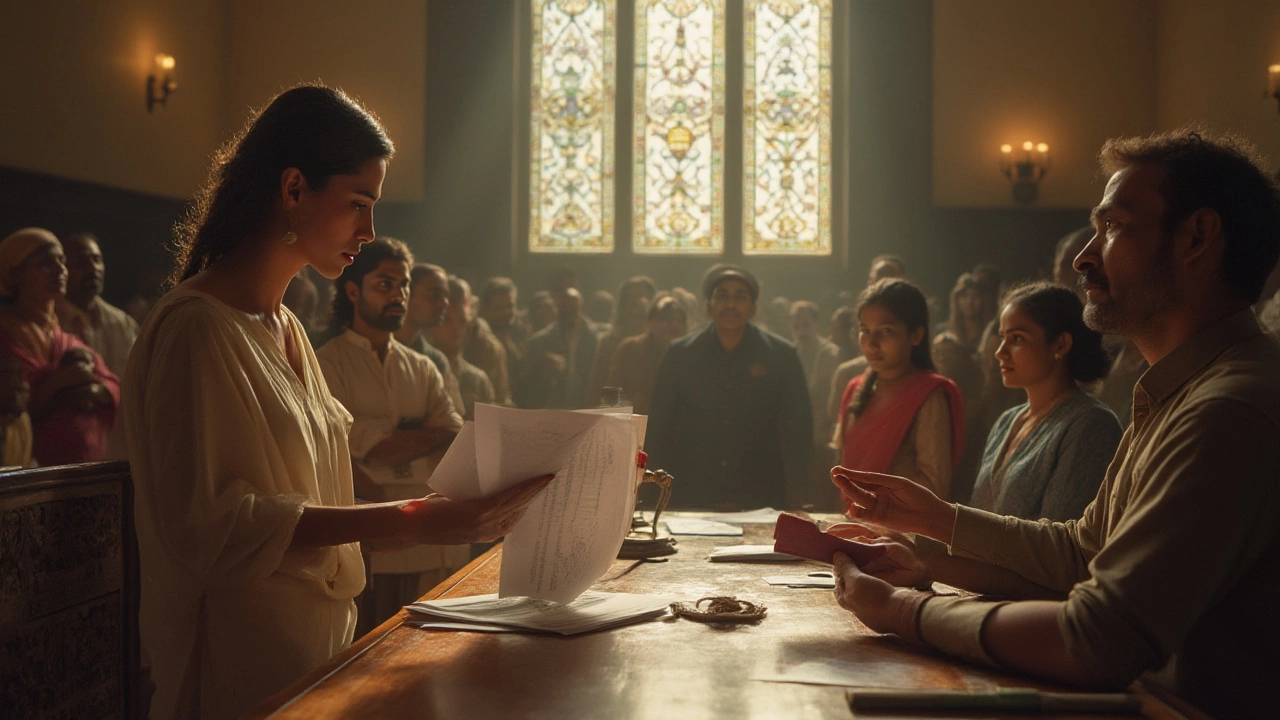Civil Law Proof: Simple Steps to Gather Winning Evidence
When you walk into a civil court in India, the biggest question is: do you have proof? Whether it’s a property dispute, a contract breach, or a consumer complaint, the side that can show clear evidence usually wins. Let’s break down what counts as proof, how to collect it, and the tricks to keep it admissible.
What Counts as Proof in Civil Cases?
Indian civil law follows the "pre‑ponderance of evidence" rule. That means you just need to tip the scales a little more than 50‑50 in your favour. The main types of proof are:
- Documentary evidence: contracts, invoices, emails, property deeds, bank statements.
- Witness testimony: anyone who saw the event or dealt with the parties.
- Electronic evidence: SMS, WhatsApp chats, digital recordings.
- Physical evidence: objects, photos, videos that show what happened.
The law also allows "evidence by oral statement" if there’s no written record, but you’ll need a reliable witness to back it up.
How to Collect Strong Evidence
Start early. As soon as a dispute arises, gather everything – receipts, emails, and notes. Waiting can make documents harder to find or even disappear.
Keep originals safe. Courts prefer original documents. If you only have copies, get them notarised or certify them as true copies.
Document conversations. If you discuss the issue over phone or chat, save the logs. Take screenshots of WhatsApp chats and add the date and time in the file name – it helps the judge see when the exchange happened.
Get witnesses on record. Ask anyone who saw the transaction or incident to write a short statement. If possible, have them sign it in front of a notary.
Maintain a paper trail. For any payment, use bank transfers instead of cash. The bank’s transaction record is solid proof of payment.
Secure electronic data. Back up emails and digital files on a cloud service and download a local copy. This protects you if the service goes down.
Beware of tampering. Courts can reject evidence that looks altered. Use timestamps, metadata, and, where possible, third‑party verification to prove authenticity.
Organise your proof. Create a simple index: list each piece of evidence, its relevance, and where it’s stored. A clear folder system saves time during hearings.
Legal advice matters. A lawyer can tell you if a document needs an affidavit or if a witness statement must be sworn. They also know the procedural rules to avoid your evidence being rejected.
Finally, remember the burden of proof stays with you until the judge is convinced. Stick to facts, avoid speculation, and let the evidence do the talking.
With these practical steps, you’ll walk into the courtroom confident that your proof meets the standards of Indian civil law.

Civil Cases: How to Prove Your Side and Win in Court
Learn exactly how civil cases are proven in court, what evidence counts, and how to stack the odds in your favor. Get tips that actually help.